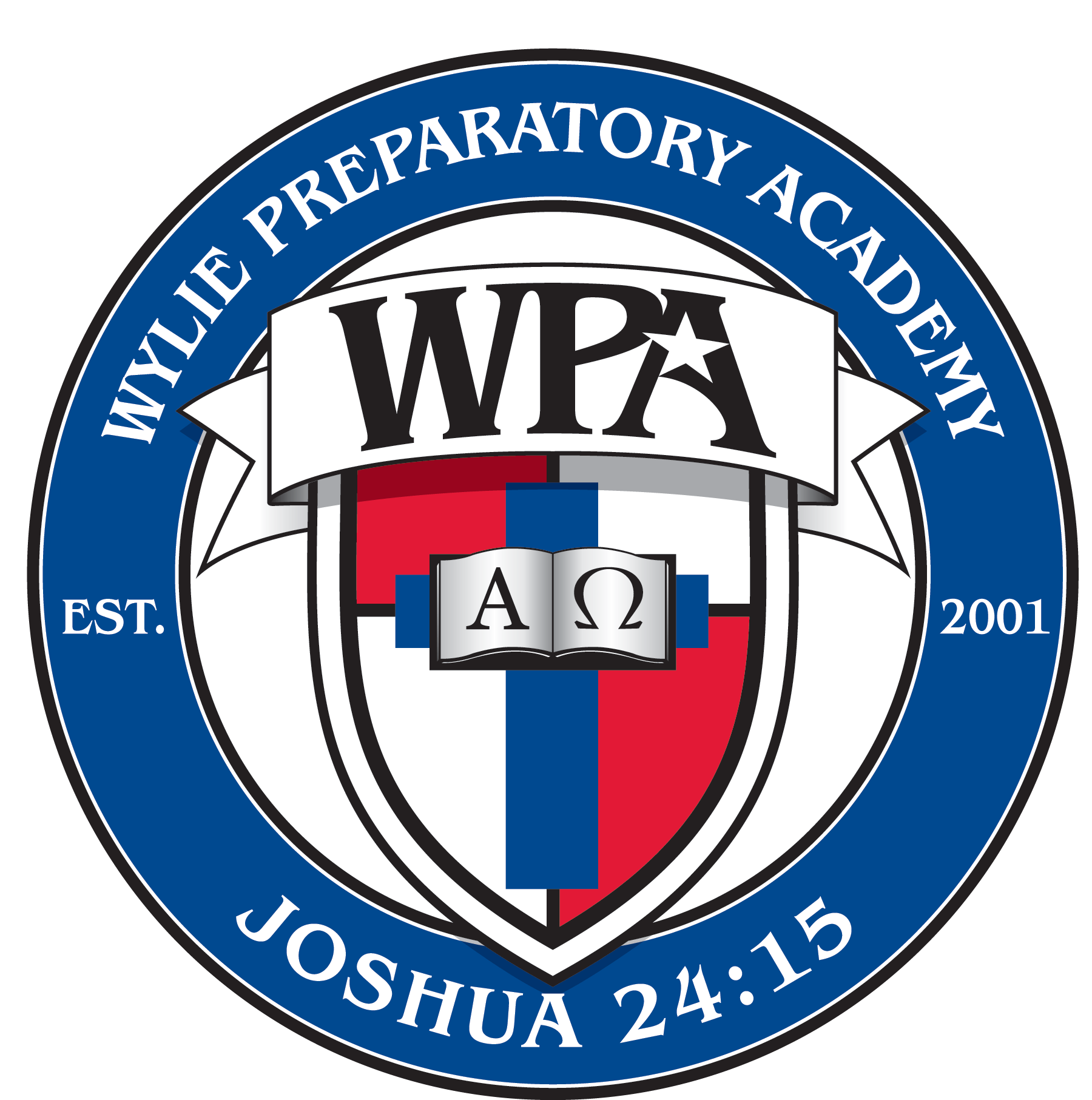Those involved with Christian education understand their work in several contexts. They realize they are workers in a ministry—making disciples—but they do not see themselves as a church. They know they are educating students—through academics, standardized tests, extra-curricular programs—but they know it is so much more than that.
Myth #2: Christian education takes place in schools. One of the great discoveries in modern Christian education is the simple recognition that we are not merely building schools. As Christians, we know that with “two or more” gathered together, the presence and power of God is in our midst. And we know that with God in our midst, we naturally become a Christian community: our relationship to Him binds us to one another in whatever endeavor we share.
Whether we are building traditional, classical or University Model® Schools, we are a group of Christians who are all about building Christian school communities. And this one little word, “community” has enormous implications for how we are to proceed—what we should value, what we must protect and what we should strive to produce.
Identifying ourselves as a community first of all means that our relationships with one another are vital. Since we truly are in partnership with parents and school working together to disciple and train our children, we must change our mindsets in several ways. First, we need to make efforts to really get to know one another. Second, we must be vigilant about how we treat one another especially when we face conflict or when trust breaks down.
All stakeholders have a duty to guard the five vital relationships in any Christian school community, the relationships between: 1) Board and Chief Administrator; 2) Administrator and Leadership Team; 3) Administration and Teachers/Staff; 4) Parents and Teachers; and 5) Teachers and Students. We know we have an enemy who is constantly working to deceive, disrupt and divide these vital relationships. An unresolved conflict in any one of these relationships makes the school extremely vulnerable to the destructive works of the devil.
Members of any Christian school community will face significant barriers to their unity. Barrier #1 is the brokenness we inherited from our own family dynamics and our past. Barrier #2 is the sin nature we struggle with every day. Barrier #3 is the toxic influence of contemporary culture.
Large numbers of people with different kinds of baggage, different kinds of sins and degrees of cultural influence means that conflicts between one another are bound to occur. Therefore, we have to get very good at facing and resolving conflict if our partnership is to succeed and that is where many of us can use some improvement!
We don’t run from conflict, we run to it. We know every conflict presents two possible outcomes: the people in dispute will achieve either depth or distance. Running away creates distance; addressing the conflict with the tools God has given to us, especially the call to “speak the truth in love,” can create depth, first by achieving a common understanding of the problem (in many cases this initial step is never accomplished), then by working through repentance and forgiveness (led by leaders skilled in doing so) and finally striving for reconciliation and the restoration of the relationship. Sadly, many conflicts never reach this final stage!
When we all understand that we are building Christian school communities we will more highly value our relationships with one another and grow in our ability to get along. The result will be a powerful partnership built on mutual respect and trust. And the beneficiaries will be our children who also desperately need to see mature Christians working through conflict successfully!
 There is a wealth of information that can be found here but if you still have any questions, please
There is a wealth of information that can be found here but if you still have any questions, please  Our goal is to ensure that every graduate is at the cutting edge of their field of study. Click here for
Our goal is to ensure that every graduate is at the cutting edge of their field of study. Click here for 
Recent Comments